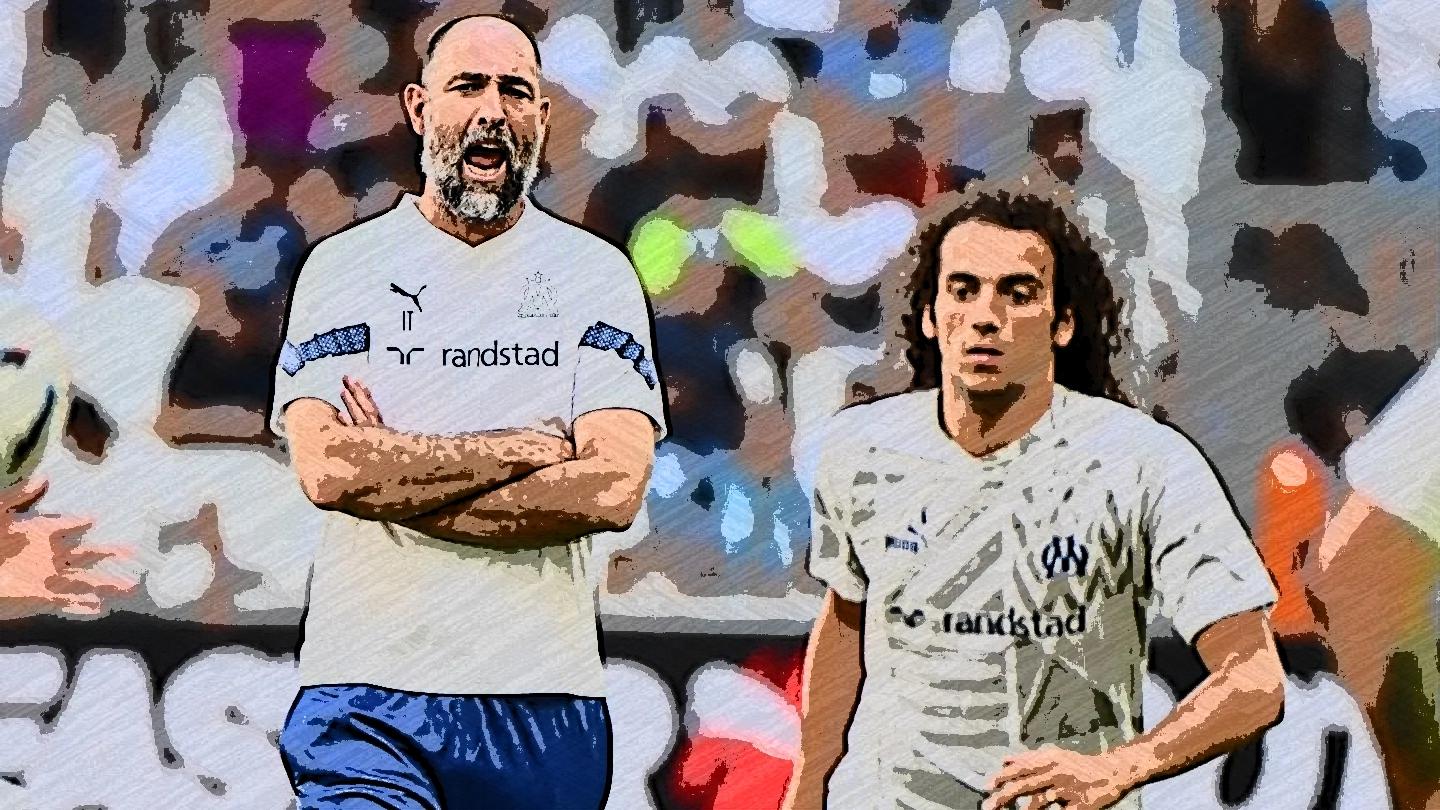
Defence-First Football: Disciplined and Sensible Management in Football Manager 2023
This is going to be a guide on strategies that I learned in all of my years playing Football Manager. Not just FM2023. Partly my goal is to debunk a few myths that players have about FM management as well as about “Defensive” Football. It’s also a guide on how to turn an underdog team into a serious contender over time. It’s not a guide to instant success in FM23. But rather repeatable strategies that can improve any club. One word of caution however. Stop reading if you’re after simple, “exploity” fixes. The following guide will be for those interested in taking a more hands-on management approach while making long-term, gradual changes to your team that will result in improvement over time. Nor is it for those whose idea of management includes holidaying for 10 years. But if you enjoy youth development and nurturing your “Club DNA” then read on!
So where to begin? First let me clear up some confusion. For me “Defence-First” Football is a catch-all term that is not exclusive to playing defensive football. Not at all. Neither is it about the dreaded and reviled “Park The Bus” approach. No, to me Defence-First Football is more than just about on-pitch tactics. Since following the tenants of this style can lead the team to be very attacking. Was Mourinho’s Chelsea side from early 2000s a defenisive side? Most definitely not. They scored enough goals to secure the title. It was most definitely not a boring “Anti-Football” side. But Jose Mourinho was primarily a Defence-First kind of manager. My kind of manager.
What does it mean to be a Defence-First manager. It is about being a pragmatist in your management approach. That is using all the means at your disposal to win. Always favouring the collective good. “Defence-First” Football encompasses other aspects of management such as transfers and club culture. But most importantly Defence-First Football is build on three main pillars: Three Ps of Effective and Sensible Management in FM23. The Three Ps of Defence-First Football:
- Pragmatic – This encompasses both strategic and tactical management, on and off the pitch. Any good pragmatic manager will only get the players that he absolutely needs for his tactical system. Every player (whether on First Team on in reserves) should be there with a clear purpose in mind. Either he serves as an integral cog to your tactic (collective good) or is 2nd or 3rd backup in case #1 choice is unavailable. There is no room for bench-warmers in sensible and smart football management. Same thing goes for on-pitch tactics. It only takes one goal to win a match. Not less, not more. Only use the team instructions that your tactic absolutely needs to recreate the type of football you want.
- Purposeful – Every little instruction needs to play a necessary role in the greater strategy. The opposite is true, the less team and player instructions you can use and still be able to convey exactly what you want your team to do, the better. That is tactical Pragmatism. It is the opposite of Wasteful management, which you cannot really afford to do if you are not managing a top-of-the-line, world-class club.
- Precise – As mentioned before Defence-First Football cannot be wasteful. This applies both when you are managing an underdo squad in an elite league, and and a team from a “smaller” league in Champions League. In both cases you cannot afford to have your players running around like crazy and pressing every which way for 90 minutes. Heck, not even Liverpool can afford that. Similarly, taking 20 shots to score one goal plays into the hands of the defending team because it tires out your players with every attacking run they make. It also frustrates and lowers their morale while improving the morale of the opposing defenders. While a perfectly executed counter-attack can absolutely shatter the confidence of the countered team. In football, nothing is sweeter than hitting a tougher opponent on a break. Touche!
So without further ado, lets debunk a few FM myths. Hopefully this exercise will help you understand better my pragmatic management style. And why I prefer my Defence-First Football to other more gung-ho styles. To me it is the ideal way to play in any FM game. Simply, it can be mastered by any team, in any league. Whether they are a world-class giant or 3rd division minnow.
There Are No “Killer” Exploit Tactics
Myth: If you tinker hard enough you will come up with a “super” tactic to win most games and get all the trophies.
This might have been true in the early days of Championship Manager and Football Manager (anyone old enough to remember “El Diablo” tactic?). But with the recent versions of FM, the game has become very complex. It has gotten to the point where there are simply too many factors that can influence your team’s success. Or failure. Just like in real life. Anything from match day weather to that one failed talk you had with your star striker two weeks prior can and will have an effect on the results you will see on the pitch. True to their name, Football Manager games are made to model real life as closely as possible. The whole point is to really make you feel like you embody day-to-day job of running a football team. And there are a multitude of factors that give headaches to real managers.
Like in real life, football isn’t a game of absolutes and sure results. It’s a sport that is ruled by statistics and probabilities. There is a certain degree of uncertainty and chance that results from interaction of numerous factors. Like in real life, in modern FM games there are no easy solutions. It’s not simply about creating a tactic that exploits some fault in the game engine. If it was that easy then there would be no need to for us, FM guide writers and self-proclaimed tactics “experts”. It would also take much of the fun out of the game. Who enjoys using the same tactic to win all the time while simulating season after season? Personally, not my cup of tea. But I do like winning. That’s why I decided to write this guide. To hopefully “bottle” the formula that helps me to win more than to lose.
Because at the end of the day, the best road to success in via a strategy that is both repeatable and easily sustainable. But even then be prepared to lose from time to time. And use those matches as a chance to reflect and learn from your mistakes. The best managers are those are still quite flexible and prepared to try something else if things don’t go their way.
FM is Not Like Other Computer Games (It’s No FIFA)
Myth: FM is but a game and thus you as a human player have full agency over it.
No. Football Manager is a sports management SIMULATION. And in technical terms this means that like in real sports management, you control only one of the two teams involved in a match. The opposing AI manager is doing his/her best to mess up even your best-laid plans. The best way of conceptualizing the way FM games work is in terms of a card game.
Like in a card game, you put your “best” cards into the draw pile. Then mix them with some “bad” cards that your opponent throws in (opposition tactics, ect.). Throw in some “handicap” cards (bad morale, matchday rain). Then shuffle them all. After this, you hope that the probability is on your side when it’s your turn to draw from this deck. The best you can do is stack your odds and hope that you draw your good cards. And avoid the bad cards that help the opposition win. In other words, you won’t win every hand. So temper your expectations.
The job of this guide is to show you that in Football Manager game there are ways to “stack” your hand to make sure that there is a greater probability of favourable results.
As a human manager in a complex AI-driven virtual football world, you can only “influence” results, not guarantee them. What I am basically trying to say is that you have to temper your expectations and keep them realistic. In real life, who does not want to see a cinderella underdog story of 2nd division team winning the Cup? And nothing is more satisfying than to lead your own underpowered to unprecedented success despite all the odds stacked against them. But in the reality of a complex game engine a chance of doing this is very slim. Because FM is a realistic sports simulator, not a an arcade game like FIFA. FM is meant to model real football as much as possible. In a real world where even a master manager like Pep Guardiola would have a slim chance of winning FA Cup with Watford.
One has to be realistic about what success looks like in a Football Manager game. It is definitely not winning every single match. Even as a top team. So temper your expectations and look at what your board expects from you. What is the media prediction? If you are a top-5 team and your board expects you to challenge for the title, and media prediction is finishing 3rd, then finishing 3rd is success. Achieving this year after year is a mark of a successful team. In real football, overachievement is very rare and truly exceptional occurrence. But if you continue to improve your team each season by making smart transfers and developing your young players, then achieving something greater than 3rd place finish becomes more and more probable.
Football Manager is about making gradual, incremental changes over time to lead to better performance the next season. Thus patience and perseverance is the number one requirement for success in FM. It is about creating an efficiently running machine both on and off the pitch. A well-oiled machine that will continue to work even if you step back, letting your assistant manager take the reigns.
Your Wage Bill Should Not Become a Runaway Train On A Road To Success
Myth: In Football Manager Salary Cap won’t allow your club to be competitive with top world-class clubs.
I have a confession to make. I am a big fan of restrictive wage ceilings or salary caps. Not necessarily as an existing league rule, but as a self-imposed “house rule” to set on any club I manage. Often it makes for a fun challenge and helps me to stay focused on the real goals of the save. That is developing a great football club slowly over time by making careful transfers and youth development decisions. Also I like to create a whole football tactical system that can work across multiple teams. Not just a singular tactic created with specific players in mind. In my opinion, a football philosophy like Total Football, stood a test of time because it treated individual players as cogs in a bigger machine. And not as irreplaceable stars without whom the tactic wouldn’t work.
Over the years playing FM, I came to realize that no single player is irreplaceable in my tactical systems. No player is bigger than the whole team. Depending on the quality of the team I manage, I tend to set a specific wage as my limit. Once they demand over this amount, be it 100k or 300k, I set my foot down. And basically tell the player “thank you for your years of service, but do take a walk out the door at the end of the season”.
One beautiful thing about wages in FM games is that there is no complex way to model real-life salary inflation. That is in the real world, the playing wage of 10 000 pounds/week in 1985 would not have the same value in 2022. On the other hand in FM23, you can set a wage limit of 100 000 pound/week in 2022 when you start your save and it will mean the exact same thing 10 seasons into the save. So interestingly, the wage limit does not have to evolve with time to reflect for inflation or even changing dynamics in the league (increasing growth in value for home-grown players in some football leagues). The complex reality of modern football, is one of the reasons why teams like Spurs could not maintain their strict wage limits. It is just not feasible in the world of ever-increasing transfers.
You Don’t Need to Spend Big Bucks to Compete with The Big Boys
Myth: You won’t win any trophies without dropping serious transfer kitty.
Wage limits align well with the style of management that I prefer. Primarily, building teams from within. I just love turning “small” (relatively-speaking) clubs into youth development factories. First things I try to do upon taking over a club is to make sure that their youth training facilities and youth recruitment are the highest they can be, Then the process begins. That annual cycle of uncovering top local talent, helping them achieve their potential and selling them to clubs with deeper pockets then us. Ideally, if those players spend a few years with us then they can help in achieving the bonus objective of winning some trophies. And then by the time they are sold, there should already be some younger replacements in the youth teams. This is basically the current Ajax model which allowed them to stay very competitive not only domestically but also continentally, where it counts most.
The often-used term “Smart Transfer Policy” basically sums it up. It is easier said than done. The trick is to find the right players to fit your system. And to do so within a very competitive football talent market. The prices of elite young footballers have gone up exponentially in the last 30 years or so. Whereas not so long ago, in the 1980s, Diego Maradona set world records for transfer fees when he moved to Barcelona for £5 million, and then to Napoli for a fee of £6.9 million. Today such amounts are considered to be measly, even by the standards of English Football League One.
For that reason I really admire modern teams that are able to build a good squad to be able to compete both domestically and in continental competition, without breaking the bank. In FM23 as well, this can be accomplished through the use of sensible transfers and strategic, short-term loans. Sides like Olympique de Marseille garner admiration because they will often use older experienced stars, who might be past their prime (like Payet and Sanchez) in combination with some young loanees like Arsenal reject Guendouzi to build a truly interesting tactical system. While Marseille might not be able to afford a completely free style of attacking football like that used by world-class clubs like Man City or Real Madrid, it can nevertheless punch far above its weight. They do this by fitting some very competent footballers into roles that are perfectly specialized for their unique skill set.
To me it makes more sense to develop a tactical idea first and then find specific players to fill the roles rather than build your tactic around a bunch of super-star players, who on their own might all be amazingly talented individuals but just don’t mesh all that well together. For “big” club whose top concern is selling a few hundred thousand Mbappe jerseys, sometimes the social media trending of the players matters more than how well he will fit into the tactical system. I don’t manage like that. And it’s definitely not Defence-First way of football. Instead, I will play an unknown 2nd Division football in my primary striker spot, if it means that he fits my tactical system better than the over-paid star.
You Are But a Number – No Player is Bigger Than The Team
Myth: If I could just buy Mbappe, I could win Champions League.
As a manager, I rather find the NEW Mbappe and cash in on him. After he helps our club win a few trophies of course.
One of the new FM23 features that I actually like the most, is the Squad Planner. And not only because it allows me to finally do some of my squad planning in-game instead of wasting reams of paper. But because it perfectly illustrates the replaceability of every single player that fills every position in my tactic. It show this concept visually with a nice list generated by the game of all the players in your system that can fill that position. You can even add players who only on your shortlist and not yet at your club. The neat visual hierarchy generated in this way shows the stark reality of football. All players age and retire, or get serious long-term injuries. Or get bought by PSG for astronomical sums that you cannot possibly match.
The Law of KISS and Going Back to Tactical Basics
Myth: The more complex your tactic, the better it will be.
Wrong! Keep It Simple, Stupid. Simple tactics that make logical sense and use less instructions win you trophies. My first ever “big” achievement in Football Manager was winning the Champions League in FM2014. I did it with Hansa Rostock FC, which at that time started in 3rd division of the German football pyramid.
It took me quite a few seasons of struggle to finally get to a point where we could compete for Europe’s biggest trophy. But after a few years of sensible transfers and targeted youth development, we finally did it. And the tactic I used for most of those seasons was but a simple 4-1-4-1. It was a very versatile shape that with a few role, duty and instruction changes could play almost any kind of football. Defending, attacking, counter-attacking or even heavy dominating-possession. I trained all my players, and youth teams in this formation. It became part of the club DNA culture. And was proud to say that by the time I got fed up with that save, no other team in that virtual footballing world played the 4-1-4-1 quite as well Hansa Rostock did.
It boggles my mind when I see the number of asymmetric tactics with 20+ team instructions that are posted on the forum everyday. Or the ultra attacking tactics with half-dozen or more attack duties and super extreme defending, pressing instructions.
There is nothing wrong in itself about tactical asymmetry. But there has to be a good reason for it. Remember one of the Ps I mentioned above: Purpose. Why use formation asymmetry when same result can be achieved easily with a simple role, duty or individual instruction? Unless you are looking to make a serious overload on one side, why use asymmetry in the first place? And even overloads don’t require asymmetry. It is a tactical tool, but a very specific one. And definitely not a requirement for successful tactics. Lets continues keeping it simple.
Same can be said for all those extra instructions. When ticking off team instructions it should not be like going through a magical shopping list on the way to instant Total Football or Counter-Attacking Football, ect. One needs to consider the effect of each team and player instruction on any other element in the system. Some will just cancel out each other. Or just accentuating the trend that is already dictated by the team mentality and roles. Overall, most instructions can have serious repercussions on how the whole system works. And when there are 20+ team instructions at play, the process of tactic testing and tweaking becomes very muddled.
Sometimes the best ideas are also the simplest ones. As well as those proven to be effective by other real-life successful managers in the past. And in the game just as it in real-life, the same motto applies. KISS – Keep It Simple Stupid.
Like for example, lets take a tactical idea that is more utilitarian than it is fresh and exciting. It might not be some fancy asymmetric tactic or balls-to-the-wall, high-pressing attacking style. It’s simply this. Create a tactical system that suits your players. And it can be even better if you can create a tactic that can get the most out of your best players. It comes down to the same concept of taking your best players and trying to make them work well together as a single tactical unit. So in this respect, Defence-First Football is definitely not about amassing a team of stars, only to have them play as selfish individuals. Defence-First Football is first of all about tactical collectivism. Putting the collective whole ahead of the individual brilliance.
There is a good reason why I used the photo of Igor Tudor for my feature image. I am a big fan of Olympique de Marseille’s stoic manager, going back to his playing days with Hajduck Split and eventually Juventus. He perfectly represents the kind of sensible, old-fashioned, collectivist pragmatism that is somewhat lacking in the modern game. Tudor would not abide Cristiano Ronaldo on his team. Even if he was paid to take him on loan. Neither would I. In my opinion, it takes a former, hard-as-nails defender to realize that for a team to be successful it must keep things tight both in defending on the pitch and in off-the-field discipline. Tudor is the new breed of Mourinho-style manager who I hope makes a bigger impact and influences the future generation of managers.
I also have a lot of respect for how virtual Igor Tudor is managing Marseille in FM23. Actually, it is through the game that I found out about Tudor’s rather interesting tactics. And boy, am I glad I lost to his team in the game.
To keep it short, I think Tudor’s Marseille are rather brilliant! At least in my save they are. That is the impression I got from playing against them (as Sporting CP) in the Champions’ League.
We lost. It was a bitter pill to swallow because it made my current team’s Champions League chances rather slim. But at the same time I gained some valuable tactical insights. The biggest take-away message? Sometimes it is worthwhile to take a page from the AI manager and just keep your tactics simple. Play to your team’s current strengths. Don’t try any fancy tactics that would require a lot of adjustment from both your players and the transfer budget. Go easy on those exotic roles. A simple symmetric formation will do. One that you understand. And at the beginning at least start with one that is used by the team in real life. Because it already suits their best players.
It’s Not Copying, It’s Reverse Engineering
Myth: AI Managers are not very good, thus we cannot learn about successful tactics from them.
On the contrary, I find AI managers in FM are becoming more and more competent with each new version of the game. So don’t be afraid to learn from the AI. Especially how they play on their home ground. Many of you are complainng about not being able to win in those tough AWAY games. But have you actually paid attention to how AI sets up their formation and roles during those games? Have you made any changes from how you play at HOME.
Computer managers’ tactics are also becoming more reflective of how the real team plays. In this respect, the attention to detail in FM23 is outstanding. It is amazing that we can choose a random club (from the big European leagues at least, as I did not really test veracity of this in the less known leagues) and see their AI manager apply tactics that are very similar to how that club actually plays in real life. Igor Tudor’s Marseille being the perfect example.
Well Tudor’s Marseille in the game actually plays rather similar to how they do in real life. And they are doing well in their first season at least. Of course it is not a very fancy style. Nothing like Pep’s famous Positional Play or other complex possession-heavy systems loved by football hipsters everywhere. No Tudor uses a rather pragmatic, utilitarian 3-4-2-1 (that is really a 3-4-3) not too dissimilar to how many Italian teams play (ever since Conte popularized it years ago). It is nothing new nor fancy.
Maybe that is the secret of why this type of pragmatic football does so well in the game. It is build around some simple concepts of utilizing space in attack and defence. A very BALANCED approach that is neither too attacking, nor too defensive which is rather easy to implement within the tactical constraints of FM23. We are not trying to create Total Football here. That legendary style is definitely my dream but I am starting to accept that its not very “recreatable” in Football Manager.
While on the other hand the style that the game seems to favour is a Balanced approach that utilized strong compact mid-block press, and allows for good space for attacking players to exploit during counter-attacking situations. It is simple and it works. You just need the right players for it.
Well, if you want to get into more tactical creation specifics, I am going to try to come up with some simple logical ideas for how I want my team to play and plug them into a tactic. In my next update.
How can I get the best use out of two attack-happy fullbacks, a pair of hard-working midfielders and a well-rounded work-horse of a striker? Tune in to my next update to find out! I will also try to bust a few more FM myths in my future updates. First proving that Balanced, “Defence-First” tactics are possible and can be very successful without using any form of high-pressing strategies. Just good compact low or midblock defence and smart utilization of attacking space.
Other Articles You May Enjoy
If you enjoyed this, then make sure to follow us on Twitter and Facebook to keep up with all Dictate The Game content. Thank you for reading!
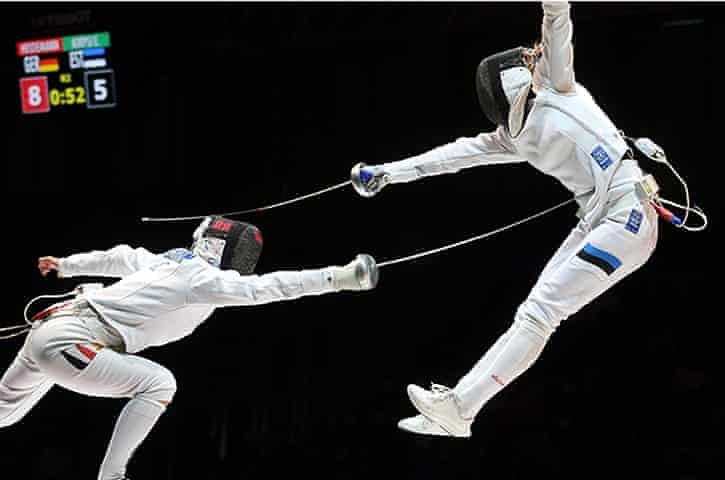
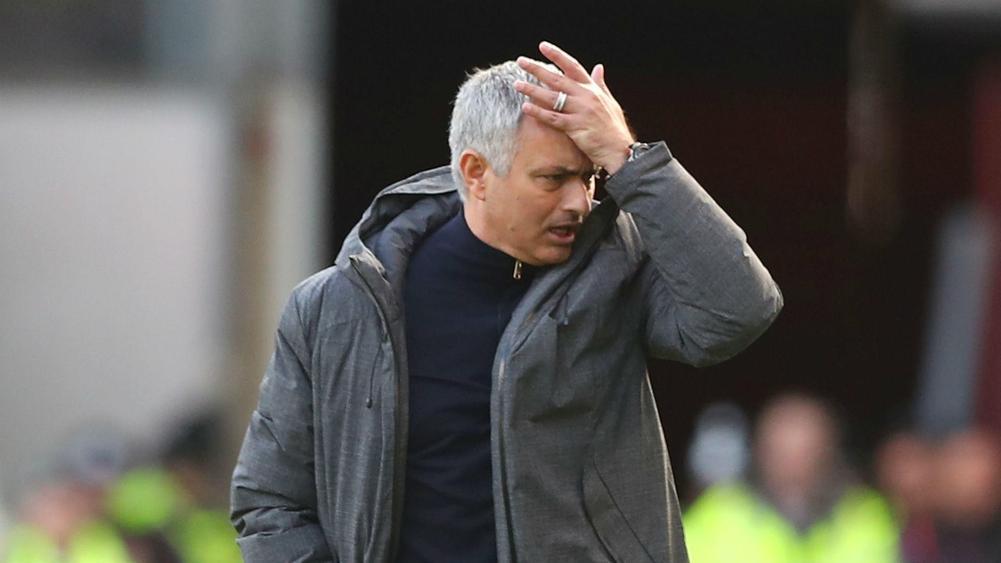

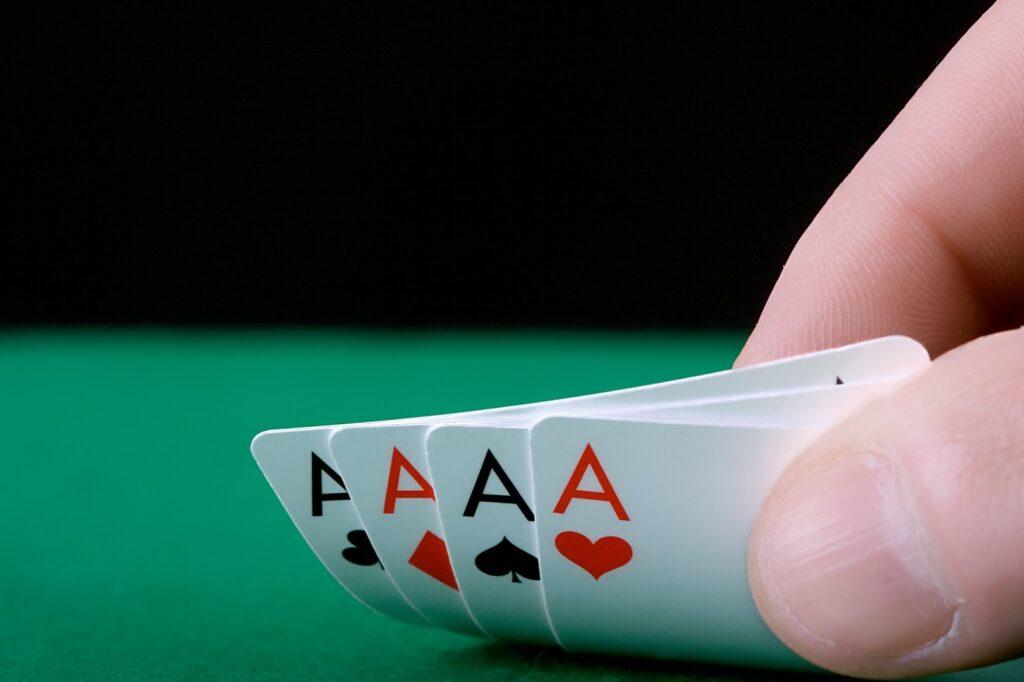
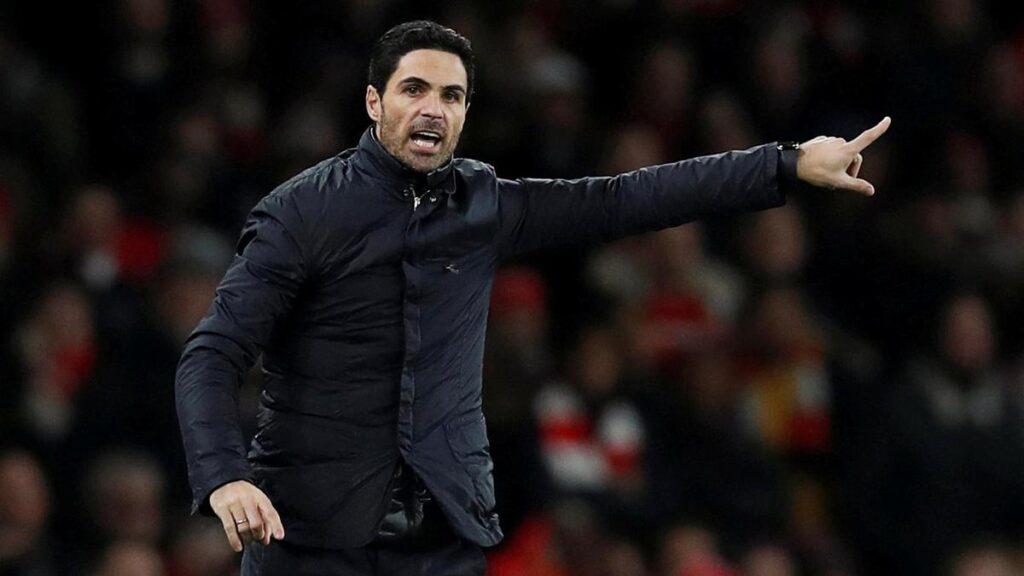
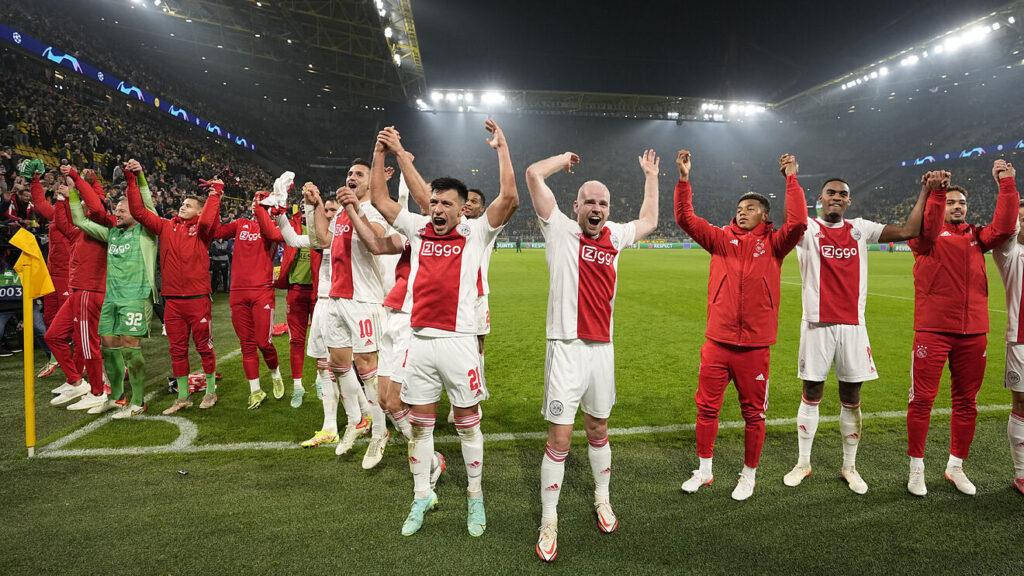

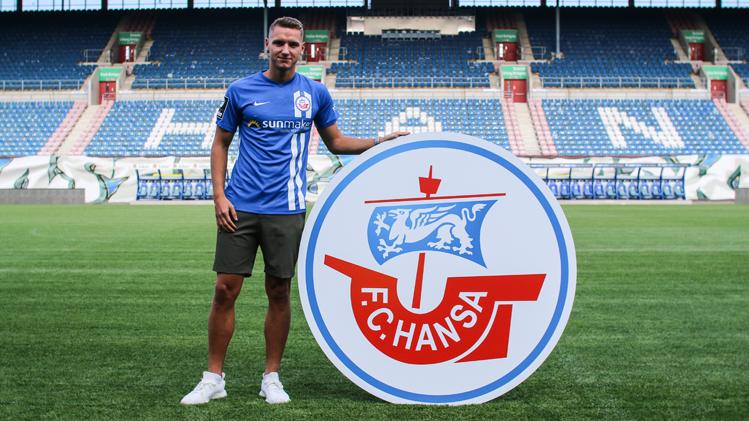
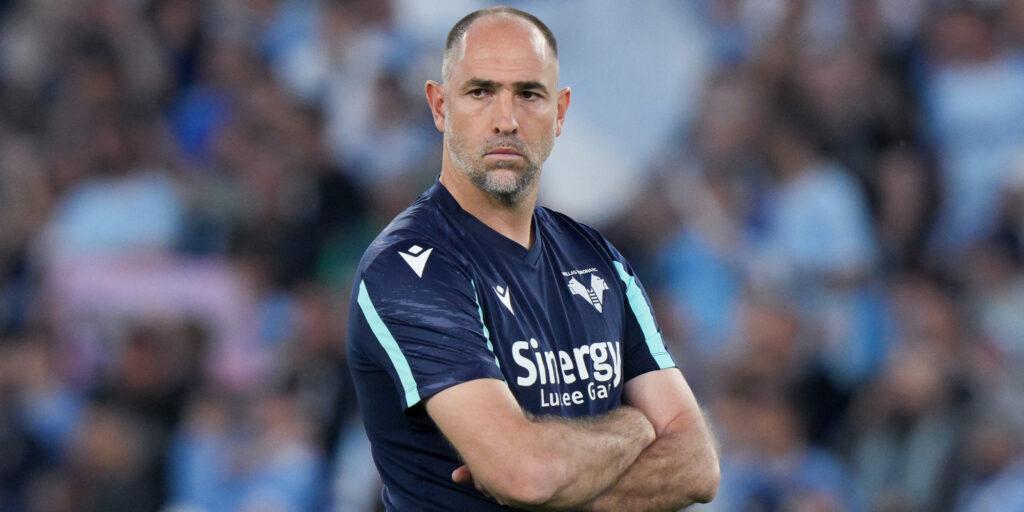
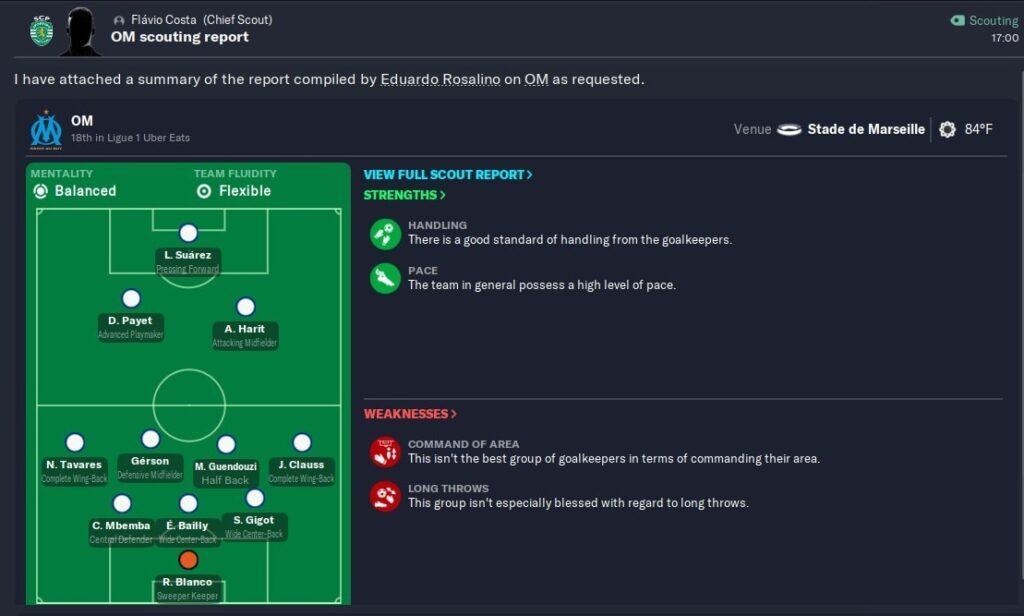
14 thoughts on “Defence-First Football: Disciplined and Sensible Management in Football Manager 2023”
Amazing read, well written and informative. I’m looking forward to trying these principles to set up a new club dna. Looking forward to the update.
Thanks mate! Working hard on the next installment already:)
Very well written and informed piece. Quite valuable for beginners but also returnees to the game like myself. Of course El Diablo was top stuff back then, but the realism and enjoyment require approaches like the one you describe, as nothing is sustainable through instant and exploitative manner. Tudor was class act even in his young days in Hajduk, he definitely exhibited strong personality on and off the pitch, intelligent and balanced player, worked his way up as a manager too. Best is yet to come for him.
I am taking St.Pauli to Bundesliga in my journeyman save after three successful and patient play seasons of building from the bottom. I can feel the excitement and joy when I read your wise words. Your advice and insight will be appreciated when I try to keep them in the elite bunch. All the best and keep writing!
Thank you for the very kind words! And keep up the good work with St.Pauli 🙂 Good things happen to those who take things slow and patient.
The text you wrote is fine, but I would still supplement it with some concrete examples that apply to all teams, for example, we manage a new team, we know almost nothing about it and we can’t find what tactics they used to play before… let’s set our formation on the main with the tactics screen we can see how the process is progressing, if the green line is far from the end (left to right) it means that they will need time to learn new tactics, even though the season is starting and they are far from the ideal tactics.. it is necessary to find the tactics that they played before..
Amazing read, looking forward to the update. Would really love to see some practical applications of your ideas when managing a club. Sure we can learn a lot.
Any idea when the next update is? Read this one and I love this👌🏻
It’s already out there. Sort of 🙂 I wrote something on the forum. Check on the second page of this thread.
https://community.sigames.com/forums/topic/568848-defence-first-football-winning-champions-league-with-club-outside-of-europes-elite-updated-on-dec-11-2022/page/2/#comments
I envision taking this to one of the lower leagues in Europe to test out my ideas with a “small fish” in the big pond of Champions League. Stay tuned for more!
As someone who loved your Total Football articles and can relate to your theories of building over time rather than a “plug and play” tactical exploit, this article came at exactly the right time for me.
I’ve decided to manage MLS expansion club St. Louis City, and while thinking about club culture, identity, current roster, etc., I’ve been considering a defensively-sound, counter-attacking side could initially make sense. MLS salary cap dictates I have to be smart with my expenses, so players will be brought in to fill specific roles/position. Although I live in the States, I’ve never really followed the MLS, so the learning curve will be steep.
Looking forward to the second installment, and from what I’ve seen in the comments above, you’ve already posted a link!
thanks again!
MLS club is a great choice actually! I always thought that the league structure in MLS made it natural to follow a more “smart” approach to management. It is nice to have a salary cap and some limitations on the transfers to make the playing field more equal. It makes the league much more competitive unlike in Europe where the big teams dominate year after year. Reason why I also love NHL hockey. I also follow a MLS team in my hometown, CF Montreal (although I much prefer their old name Montreal Impact).
Glad you enjoyed the read! And true the link should bring you to the follow up blog where I expend more on the tactical side of sensible “Defence-First” football.
And after reading this text, you turn to yourself again with your ideas, trials and failures, with the aim of the best possible success.
I have always written that it is not possible to apply the example of one club with fm to your own team, it simply does not work.. that is why fm is complicated and very difficult and requires years of playing to achieve success.. what is written in the text, do not get carried away by various things to the “charlatans” on Y.T.. who show you their examples of how they are successful. First, 90% do not know how to explain what exactly he plays, for example, deeplying midelfielder, they do not know what a poacher is, etc. and they record clips on YT and give you advice.. everything is easy for them, they understood everything..